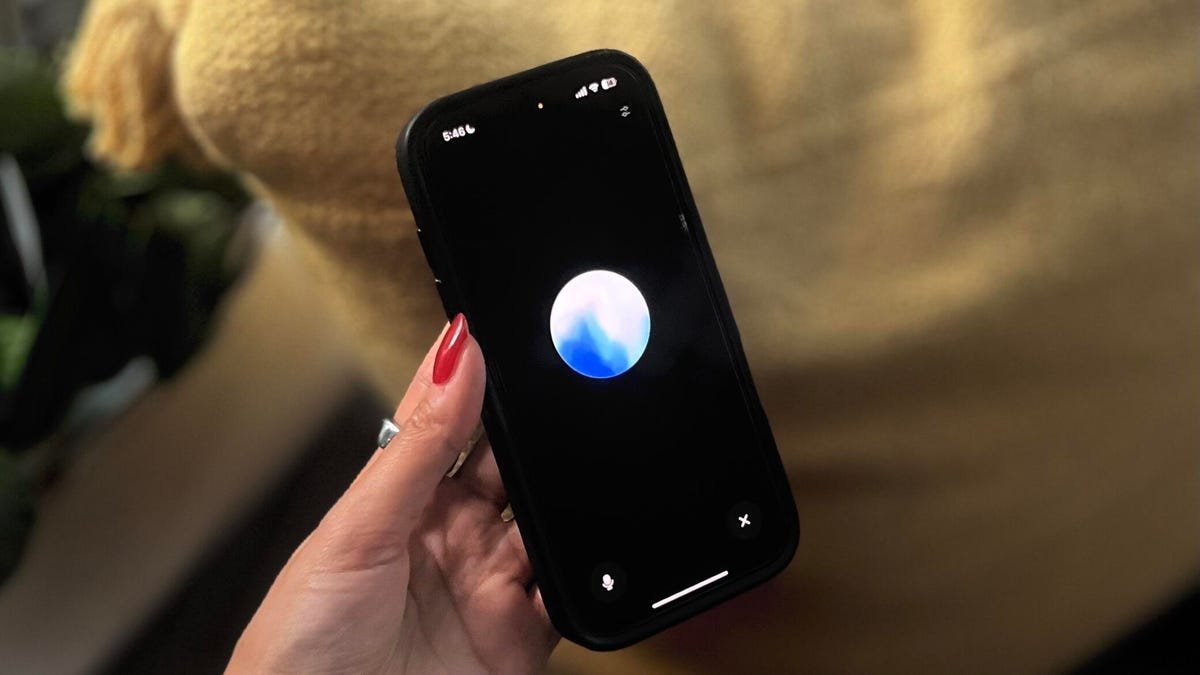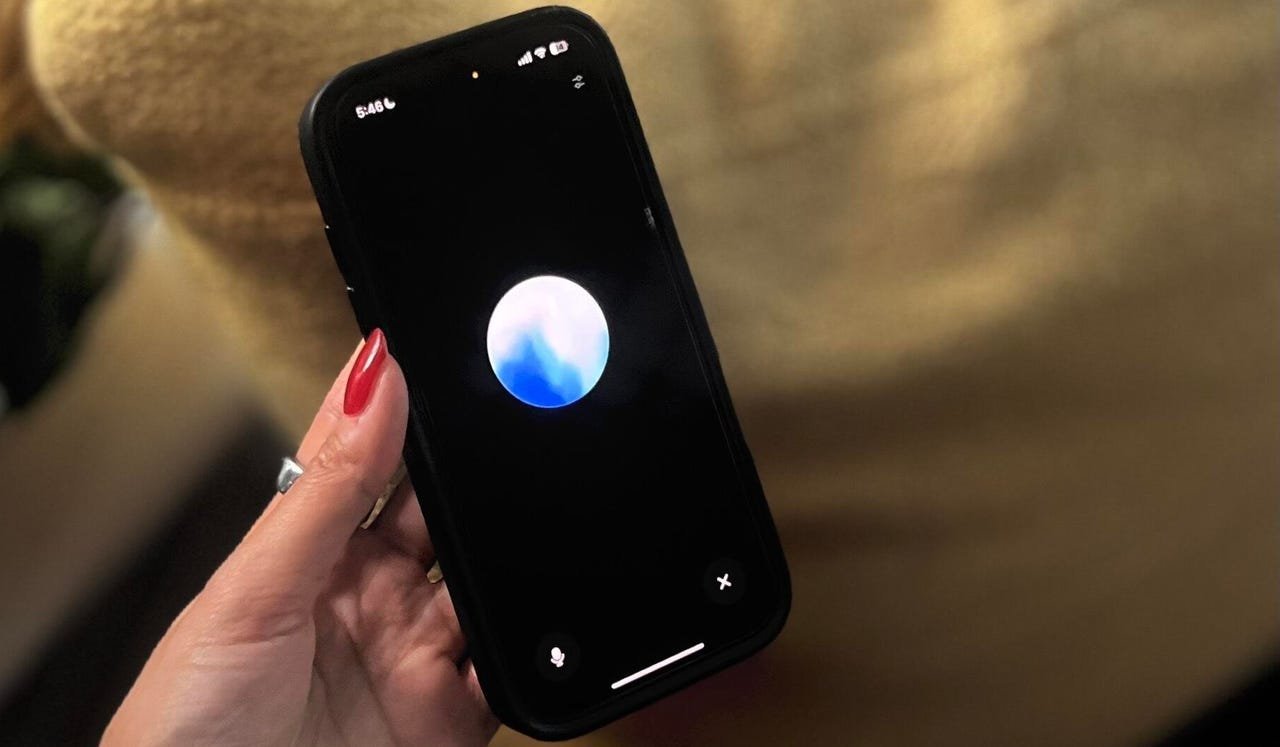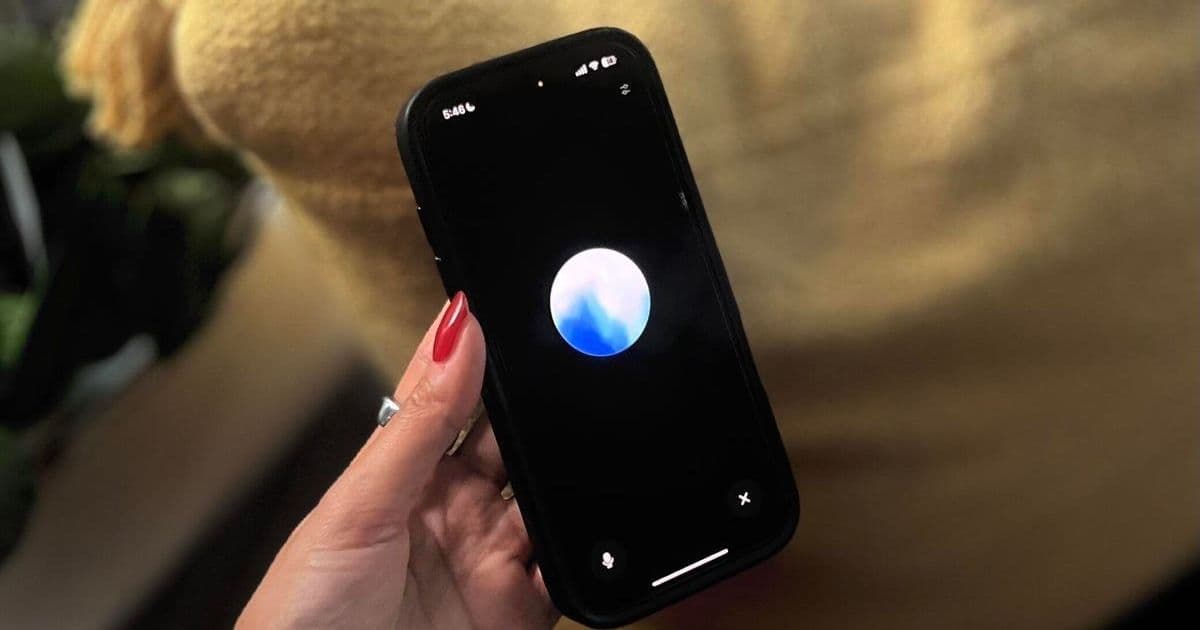OpenAI has made its advanced voice assistant feature available to all ChatGPT users at no cost, replacing the limited Standard Voice Mode. This upgrade enables natural, interruption-free conversations with contextual awareness, signaling a major shift in accessible voice AI interfaces. The move accompanies the broader rollout of GPT-5, placing enterprise-grade conversational AI in everyone's pocket.
While GPT-5's launch dominated headlines this week, OpenAI quietly delivered another seismic shift: Advanced Voice Mode—now rebranded as ChatGPT Voice—is available to all logged-in users, completely free. Previously exclusive to paying subscribers, this feature transforms ChatGPT into a fluid, conversational partner that understands natural speech patterns, contextual pauses, and real-world references.

Beyond Siri and Alexa: The Human Conversation Paradigm
Unlike legacy voice assistants requiring rigid commands, ChatGPT Voice handles free-flowing dialogue. As senior ZDNET editor Sabrina Ortiz notes: "You can pause mid-thought without being cut off. Ask complex, contextual questions like 'I'm running in Brooklyn later—what should I wear given the weather?' and it comprehends the layered intent."
Key technical upgrades enabling this include:
- Non-linear conversation processing: Maintains context across multi-turn dialogues
- Ambient awareness: Leverages video/screen share inputs for environmental context
- Adaptive speech recognition: Learns user's vocal patterns in real-time
The Technical Breakthrough Under the Hood
This isn't just accessibility—it's a fundamental rethinking of voice interfaces. Traditional systems like Siri use predefined intent mappings, while ChatGPT Voice employs end-to-end neural speech recognition powered by Whisper, coupled with GPT-5's contextual reasoning. The result? Fluid conversations where users can:
# Example interaction flow
user_query = "That recipe you suggested needs saffron—
[5-second pause while checking pantry]
—actually substitute options?"
assistant_response = "Given your earlier Mediterranean dish,
try turmeric or paprika for color, though flavor profiles differ."
Access and Implications
Activation requires simply tapping the waveform icon in ChatGPT's mobile app and selecting a voice profile. While free users gain core functionality, OpenAI notes Plus subscribers retain "higher usage limits."

This democratization has profound implications:
- Development shift: Voice-first interfaces become viable for mainstream apps
- Accessibility revolution: Real-time conversational AI for visually impaired users
- Hardware pressure: Forces Apple/Google to accelerate assistant upgrades
As Ortiz observes, this feature "became one of my favorite tools" during testing—a sentiment likely to spread as millions discover voice as ChatGPT's most intuitive interface yet. With Standard Voice Mode sunsetting September 9, OpenAI isn't just changing access tiers—it's betting that natural conversation will become AI's primary interface.
Source: ZDNET

Comments
Please log in or register to join the discussion